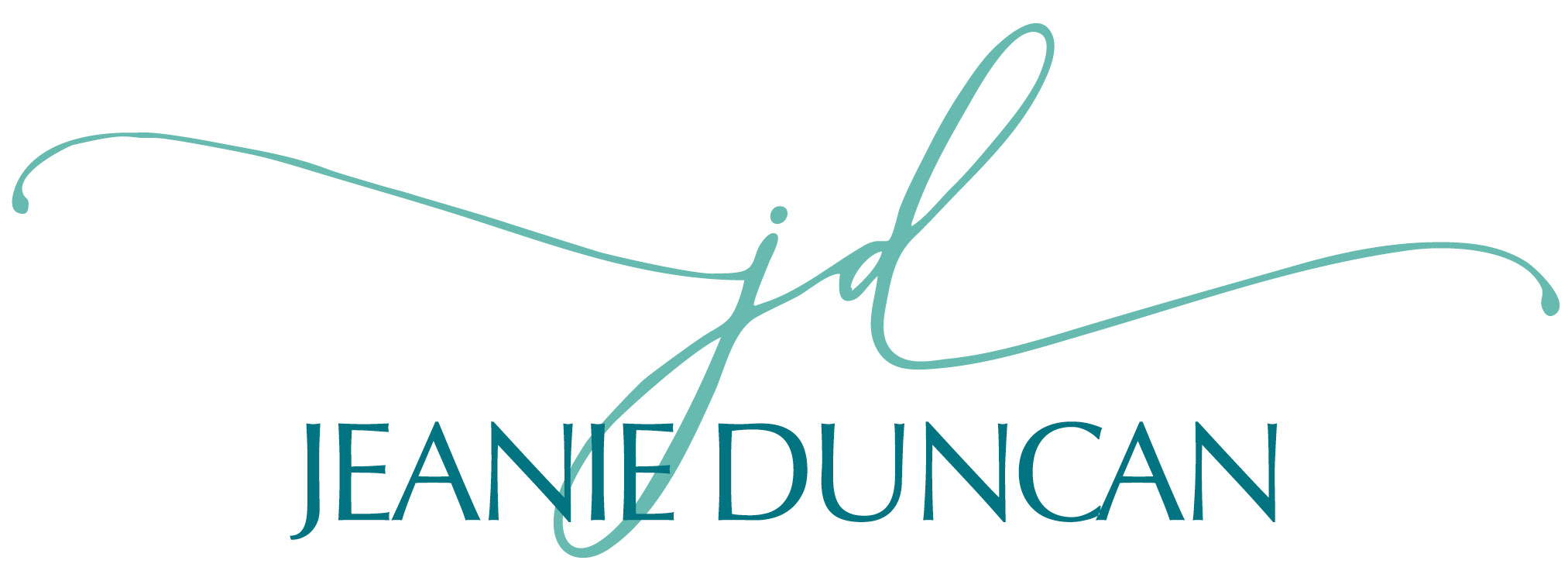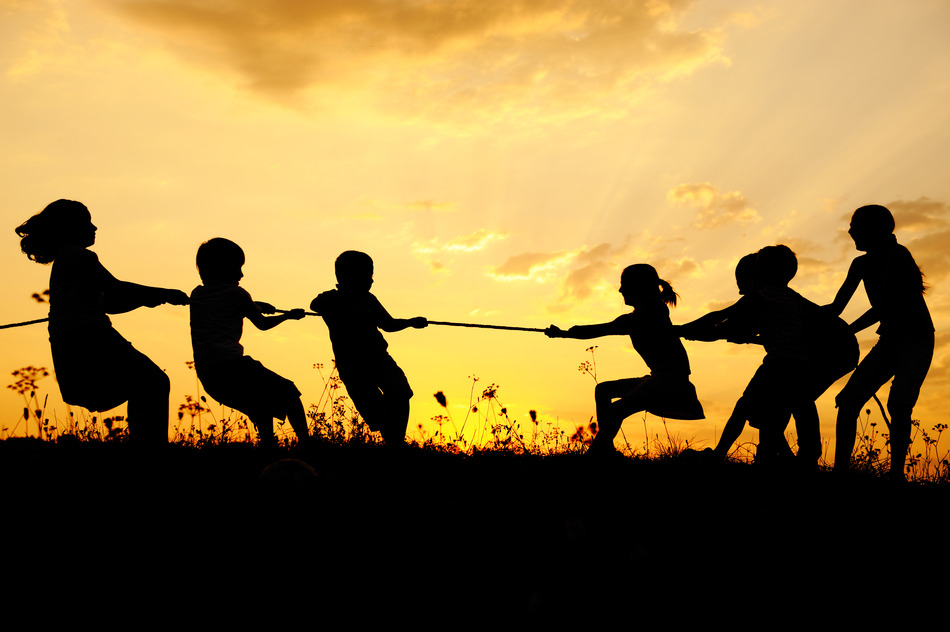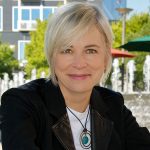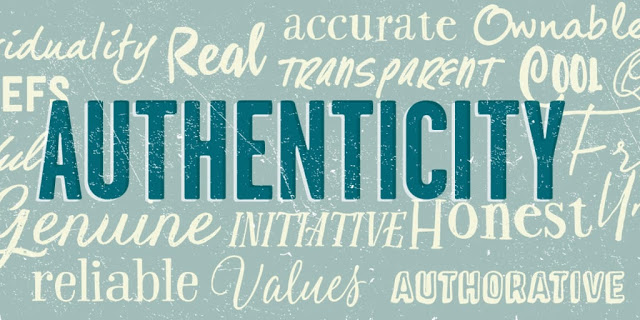
Authenticity: No crock

I listened to a podcast recently featuring Seth Godin and his latest book, The Practice, where he proclaimed, “authenticity is a crock. Authenticity is overrated. Authenticity is a trap. No one wants you to be authentic.”
I’m a huge Seth Godin fan – I love his work and principles, but I completely disagree with him on this position. He professes that his position on authenticity is controversial, and I couldn’t agree more!
According to Godin, the only time in our lives when we’re truly authentic is when we’re an infant. When something doesn’t go our way, we spiral into a tantrum. Post toddler, we lose that raw, unabashed authenticity because our decisions and actions become calculated, carried out with intent and purpose (even if subconscious).
For example, you may not like something your boss does, but you’re not likely to go run screaming into their office, as that’s not likely to get you your desired result. What you do instead is weigh actions and consequences, navigate the political landscape, and moderate your behaviors. Godin considers this inauthentic – what you deep down most want to do is not what you end up doing in your actions.
“If you go see a concert,” he says “you don’t want the authentic musician. You want that musician (despite exhaustion from a 20-city road tour) to give you the best performance of their day, their week, their month. If you need surgery, you want the surgeon to ignore that they had an argument with their spouse and instead bring the best version of themselves. That’s what we want in every interaction.”
Godin continues, offering that people don’t want authenticity. What people want from you is consistency, humanity, and empathy…for you to deliver the best, most talented, skilled version of yourself. And the best way to deliver this is to do what comes naturally to you.
I read this. I hear this. And my response is, this IS authenticity – at least my definition of it.
For two weeks now, I’ve churned on Godin’s viewpoint that “authenticity is a crock.” I’ve wrangled with it internally and debated it with colleagues. Where I’ve landed is this:
- I have a deeply held belief about what authenticity is.
- To me, consistently delivering who you are IS being authentic. If humanity and empathy is core to who you are and you show up and deliver that, then you’re being authentic.
- Authenticity is being true to who you are, aligning with and living your values, and delivering on your personal brand promise day in and day out, regardless of whether or not people are watching.
- Being authentic is being the truest, realest me…the me-ist me I can be.
No, I’m not going to run into my boss’ office and throw a tantrum because something didn’t go as I had hoped. I refrain from doing this, not because I’m being inauthentic, but because my authentic self functions in a world where I’m keenly aware of rules, protocols, and the political landscape.
With this example and many more, I’ve learned about cause and effect, actions and consequences, and the culture of “this is the way we do things around here.” These lessons have saved my life, my career, and relationships. No, I won’t necessarily live out my unadulterated, unfiltered, raw self out on the street, in the boardroom, or even at my kitchen table necessarily, but it doesn’t mean that I’m not being congruent and authentic.
My clients know my skill, talent, values, and qualities. They know that when they work with me, they’re going to get these things fully and consistently. And I’m human, I can have a bad day, I can get overwhelmed and exhausted, and when these things happen, the impact can show up in my work. When it’s likely to, I name it, we adjust and adapt, change or reschedule…whatever the situation calls for. This is authenticity.
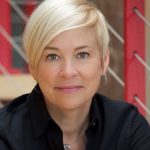 Hi, I’m Jeanie Duncan. I work with individuals and organizations as a transformation partner to help them unlock their Truth, discover authentic value, and create meaningful impact in the world. I believe when we are truly aligned with our purpose, we can live and perform at our highest potential. With over 25 years of experience as an executive, CEO, consultant, coach, and writer, I offer strategic, knowledgeable, and experienced guidance for those who are ready to take the courageous leap toward true transformation.
Hi, I’m Jeanie Duncan. I work with individuals and organizations as a transformation partner to help them unlock their Truth, discover authentic value, and create meaningful impact in the world. I believe when we are truly aligned with our purpose, we can live and perform at our highest potential. With over 25 years of experience as an executive, CEO, consultant, coach, and writer, I offer strategic, knowledgeable, and experienced guidance for those who are ready to take the courageous leap toward true transformation.
